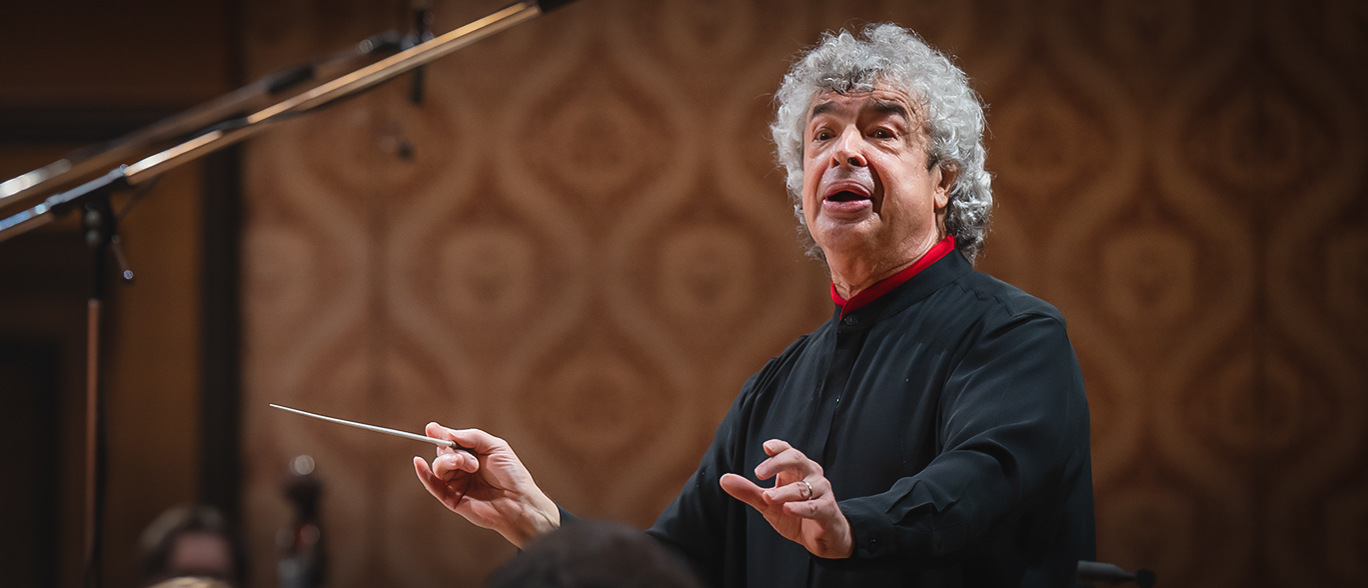Semyon Bychkov studied at the Glinka Choir School in Leningrad, now Saint Petersburg. The school building was connected to a concert hall, so between classes he would go into the hall and listen to the Leningrad Philharmonic rehearsing.
“On that fateful day, I ran to hear what was going on, and it was quiet—completely silent. I used to arrive from the backstage area. So when I came in from behind the orchestra, I heard nothing. And suddenly there were vibrations in the air that became sound. I was just mesmerized. I had absolutely no idea what I was hearing. All I knew was that it took me to a world I had never before experienced; I even forgot to go back to my next class. I simply stayed and listened without knowing what it was. It was music of indescribable beauty. Indescribable tenderness”, recalls Semyon Bychkov.
Listen to the podcast:
It was not until a few hours later that the 12-year-old boy saw posters on the streets of the city for a concert by the Leningrad Philharmonic and realised that he had been hearing part of Mahler’s Third Symphony. That was the source of the ties of the present chief conductor of the Czech Philharmonic to one of the greatest symphonists, who was born to Jewish parents in the village Kaliště near Humpolec and spent an important part of his life in Bohemia and Moravia.
Now, 60 years later, as he is devoting himself intensively to the music of Gustav Mahler, he refers to the composer as an existentialist because autobiographical elements are clearly audible in his works. He suggests that those who want deeper insights should examine the composer’s correspondence.
“Letters tell us what those people were thinking about, how they suffered, what gave them joy, what doubts they had, what their struggles were… You see, we always think of them as giants or gods, but we often forget they were people just like us”, says Semyon Bychkov, adding: “They were young and aspiring once, and were struggling. And their struggles never really stopped. They had to find their place in music and a way to express what they were feeling through music.”
Bychkov draws attention to Mahler’s Czech roots, something that the composer never denied. Perhaps this is why the playing of the Czech Philharmonic fits Mahler’s music so well. “I believe certain things cannot be explained, but they can be felt. And so for me personally, this is an ideal orchestra for the music of Gustav Mahler”, says Bychkov, who is working with the orchestra on recording Mahler’s complete symphonies.
In the final episode of the podcast Philharmonious, he goes on to describe the unique identity of the Czech Philharmonic and considers whether and in what way music can be “national”. He also discusses his own roots and the influences he has absorbed in his lifetime, jokingly using the phrase “mixed salad” in his description.
